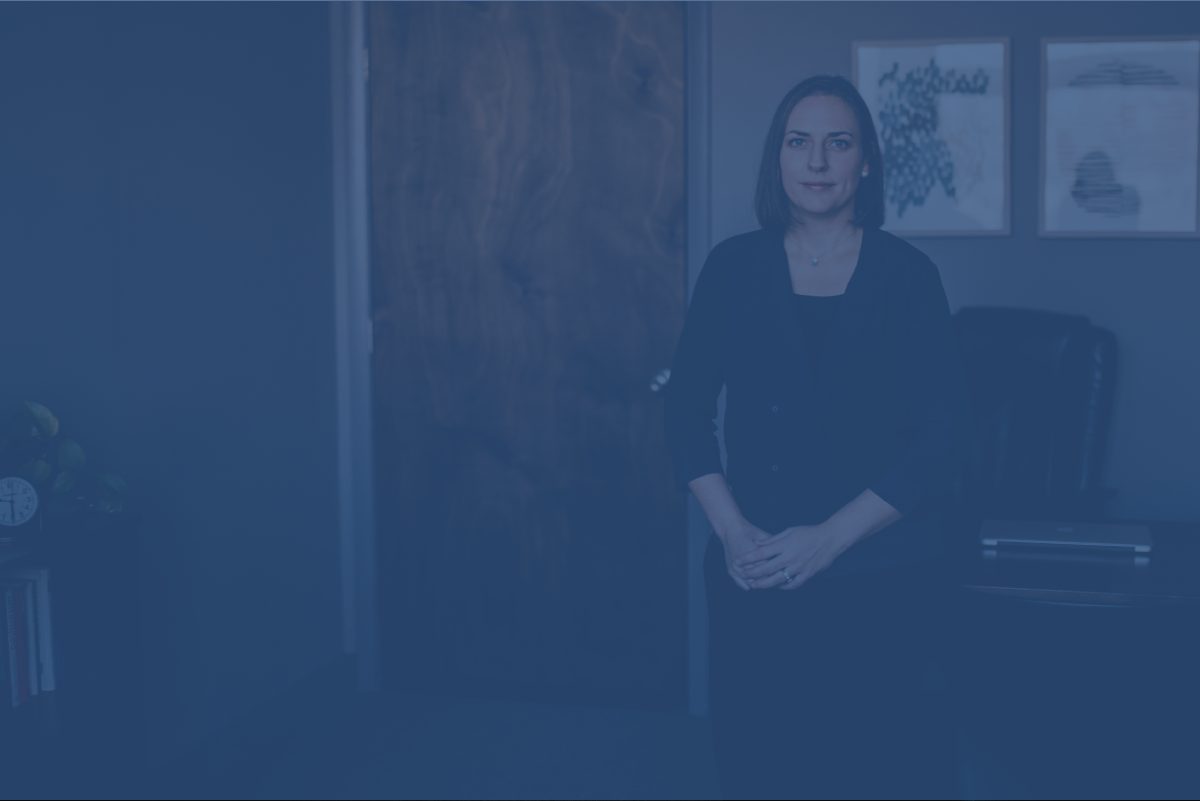
Psychotherapy and Consultation
Dr. Cordiano provides psychotherapy and consultation services to children, adolescents, parents, and families. She specializes in Cognitive Behavioral Therapy (CBT), an empirically supported treatment approach for children, adolescents, and adults. Though she works from a framework of evidence-based treatment, Dr. Cordiano tailors therapy to the individual or family, and her approach is collaborative, supportive, and strengths-based.
Areas of Focus
Anxiety
Attention-Deficit/Hyperactivity Disorder (ADHD)
Behavior problems
Creativity, play, and early childhood development
Depression
Executive functioning
General adjustment (to medical conditions, life changes, or stressors)
Grief/loss
Learning disorders/academic concerns
Parent guidance
Parent-child and family relational problems
Somatic concerns (sleep, headaches, tics)
What to Expect
Treatment begins with a diagnostic intake appointment. For younger children, Dr. Cordiano meets first with parents to better understand their concerns about their child. For older children and adolescents, parents and children are involved in the intake process. The intake appointment includes a thorough diagnostic interview and may also include behavior rating forms to provide additional information about presenting concerns. At the end of the intake appointment, Dr. Cordiano will share initial impressions and together with the client and parents, devise an initial treatment plan.
Follow-up therapy appointments generally occur weekly or every other week and last for 45-50 minutes. After 2-3 therapy appointments, Dr. Cordiano will share treatment impressions and together with the client and parents, adjust the treatment plan as needed. For younger children, appointments may occur primarily with parents or caregivers. For school-age children, therapy typically includes appointments with the child, with the parent and child together, and with parents separately. For adolescents, therapy occurs predominately with the client with occasional parent appointments, as needed.



